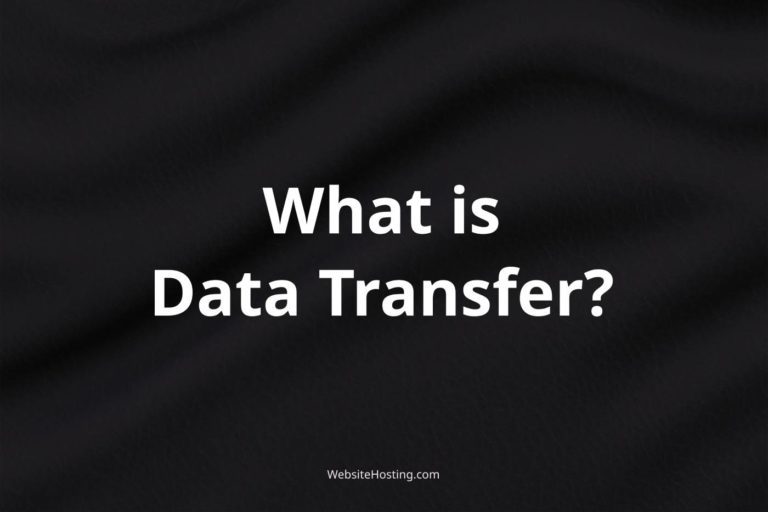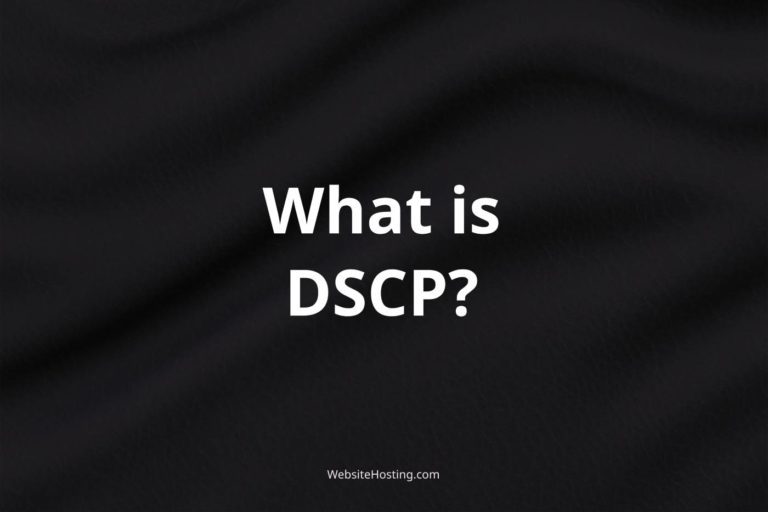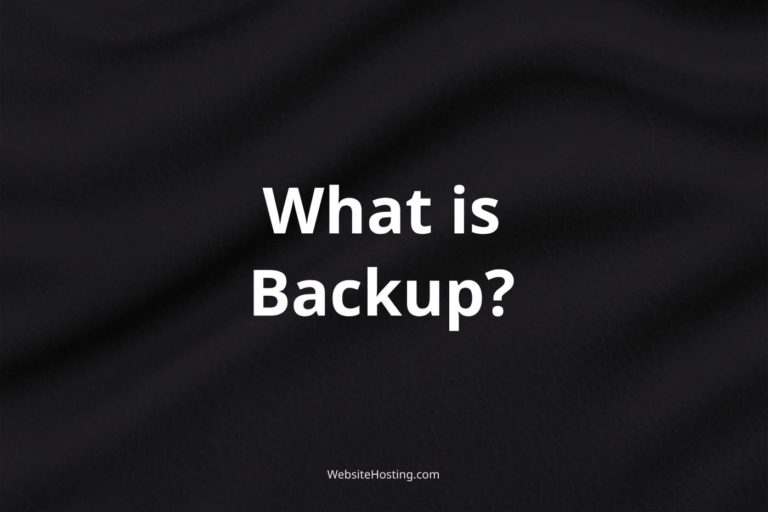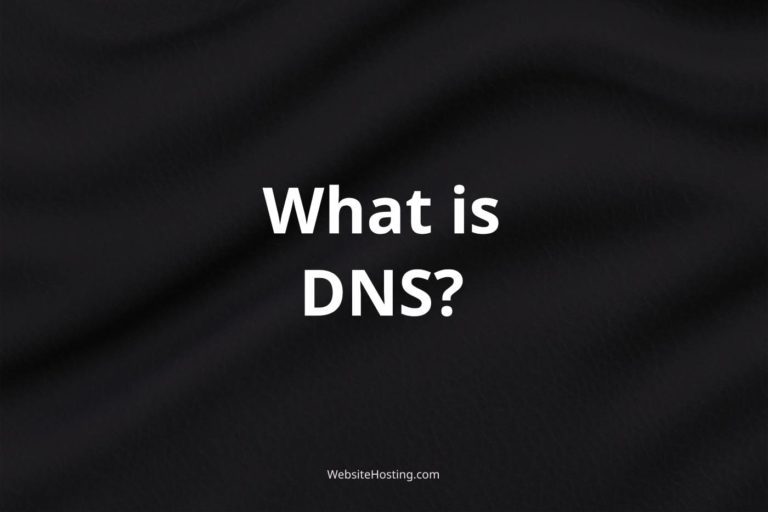Network congestion is a common issue that can affect the performance of your website. It occurs when there is too much data being transmitted over a network, causing delays and slowdowns.
In this short article, we’ll explore what network congestion is, how it affects web hosting, and what you can do to mitigate its impact.
What is network congestion?
Network congestion occurs when there is more data being transmitted over a network than it can handle. This can result in delays, packet loss, and other issues that can impact the performance of your website.
How does network congestion affect web hosting?
When network congestion occurs, it can result in slower page load times, buffering videos, and other performance issues that can negatively impact the user experience.
Additionally, if your web hosting provider is experiencing network congestion, it may impact the availability of your website, leading to downtime or outages.
What can I do to mitigate the impact of network congestion on my web hosting?
There are several steps you can take to mitigate the impact of network congestion on your web hosting, including:
- Optimize your website’s files and content to reduce their size and improve performance
- Use a content delivery network (CDN) to distribute your website’s content across multiple servers
- Choose a web hosting provider with robust network infrastructure and capacity
- Monitor your website’s performance and network status regularly to identify and address any issues promptly
- Consider upgrading to a web hosting plan with more bandwidth or resources if your website’s traffic and needs grow
What are some common causes of network congestion?
Network congestion can be caused by a variety of factors, including:
- High levels of network traffic
- Hardware or software issues
- DDoS attacks or other malicious activity
- Network routing issues
- Network infrastructure that is unable to handle the amount of data being transmitted
Related terms:
- Network traffic
- Bandwidth
- Latency
- Packet loss
- DDoS attacks
- Network infrastructure
- Network routing
- Content delivery network (CDN)
- Network capacity
- Server load
Notable brands:
FAQ:
Can network congestion be prevented?
While network congestion cannot always be prevented, there are steps you can take to mitigate its impact, such as optimizing your website’s files and content and using a CDN.
How can I tell if my website’s performance issues are due to network congestion?
You can use network monitoring tools to check for network congestion and other issues that may be impacting your website’s performance.
Can upgrading my web hosting plan help with network congestion?
Upgrading to a web hosting plan with more resources, such as bandwidth and server capacity, can help reduce the impact of network congestion on your website’s performance.
What is a content delivery network (CDN), and how can it help with network congestion?
A CDN is a network of servers distributed around the world that can help distribute your website’s content and reduce the impact of network congestion by serving content from the server closest to the user.
What can I do if my website is experiencing frequent network congestion?
If your website is experiencing frequent network congestion, you may want to consider changing web hosting providers or upgrading to a more robust hosting plan with better network infrastructure and capacity. You can also work with your provider to identify any potential causes of network congestion and take steps to address them.




